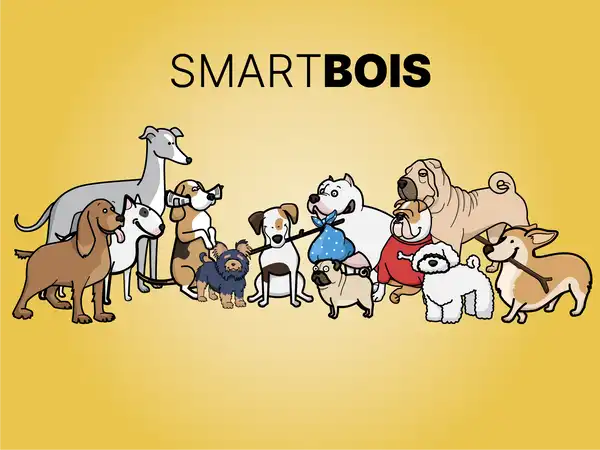
Everything you need to know about stem cells
What are stem cells, and what makes them so unique? What are the different types of stem cells, and how have they impacted modern medical science? Here is us answering all your questions about stem cells.

The success of humans on planet Earth can be largely attributed to exceptional cognitive abilities rarely found in other species. One aspect of this ability is described by the theory of mind (Meinhardt et al., 2010).
According to the theory of mind, a person’s ability to navigate the social world is enabled by their ability to evaluate other people’s mental states, desires, intentions and beliefs. Let me explain this by using a classical theory of mind test from the field of psychology.
Imagine there are 3 people in a room with two boxes (box A and box B) as follows:
Say the hider hides a treat in box A in the presence of all the people in the room. Then they leave the room. When they are away from the room, the observer transfers the treat from box A to box B. Then, the hider comes back to the room, not knowing about this transfer. At this point, the ability of the test subject to realise that the hider’s current state of mind is a ‘false-belief’ that the treat still resides in box A, and not B, determines success or failure of the test.
Human infants who are 3 years or below fail this test. It means that when the hider comes back to the room and suggests to the infant that the treat still exists in box A, it would believe them. They would do so even though they have witnessed the observer transferring the treat from box A to B. In other words, the child cannot realise that the hider is ignorant about the events that took place in their absence.
However, children older than 4 years recognise the mental state of the hider. They realise that the hider doesn’t know about the transfer. Therefore, they reject the suggestion from the hider that the treat exists in box A, indicating a higher cognitive ability than infants and the existence of the theory of mind.
Recently, a group of researchers from the University of Vienna performed similar experiments with dogs. According to their results, the dogs seemed to realise that the hider was ignorant of the transfer of treats. They chose the box based on their own visual experience rather than the suggestion from the hider.
The researchers recruited 260 dogs, both males and females, and conducted the theory of mind experiment. “More dogs followed their own visual experience of where the treat had been hidden rather than the communicator’s suggestion”, they wrote in a paper (Lonardo et al., 2021) published in the Proceedings of The Royal Society B.
Some non-human primates like chimpanzees, bonobos, orangutans and even monkeys were previously reported to have passed this test to a certain extent. This indicates that non-human primates also possess a theory of mind. This research according to the authors is experimental evidence that dogs also might possess a theory of mind. “Our findings thus add further evidence that dogs possess the ability to differentiate between human knowledge states”, they added.
If you have a pet dog, you might have already experienced and even observed how smart your pet dog can be. Especially, when it comes to treats and food, dogs can go to lengths to obtain them. Evolutionarily, dogs have been shaped by humans. It remains to be seen whether cognitive abilities of dogs have also evolved due to their long association with humans.
I am sure you have a lot of questions regarding this story, research and the theory of mind in general. Let’s discuss it in the discussion section below.